Bilateral meetings on combating global warming.
Biden administration accused of weak stance on China in climate negotiations
August 8, 2023 3:56 PM EDT
- The Gist
- The United States and China are engaged in bilateral meetings to combat global warming
- The focus is on reducing methane emissions, limiting coal use, curbing deforestation, and helping poor countries address climate change
- Republicans accuse the Biden administration of being too soft on Beijing in climate diplomacy
- Talks between the U.S. and China have historically had a positive impact on global climate negotiations
- China's objections to U.S. tariffs and restrictions on imports of Chinese solar panel and battery components are a point of contention
- The urgency for the U.S. and China to resume cooperation on climate change is highlighted by extreme heatwaves experienced in both countries
The United States and China are currently engaged in bilateral meetings to combat global warming, with a focus on reducing methane emissions, limiting coal use, curbing deforestation, and helping poor countries address climate change. This comes ahead of the UN-sponsored climate talks scheduled for late 2023.
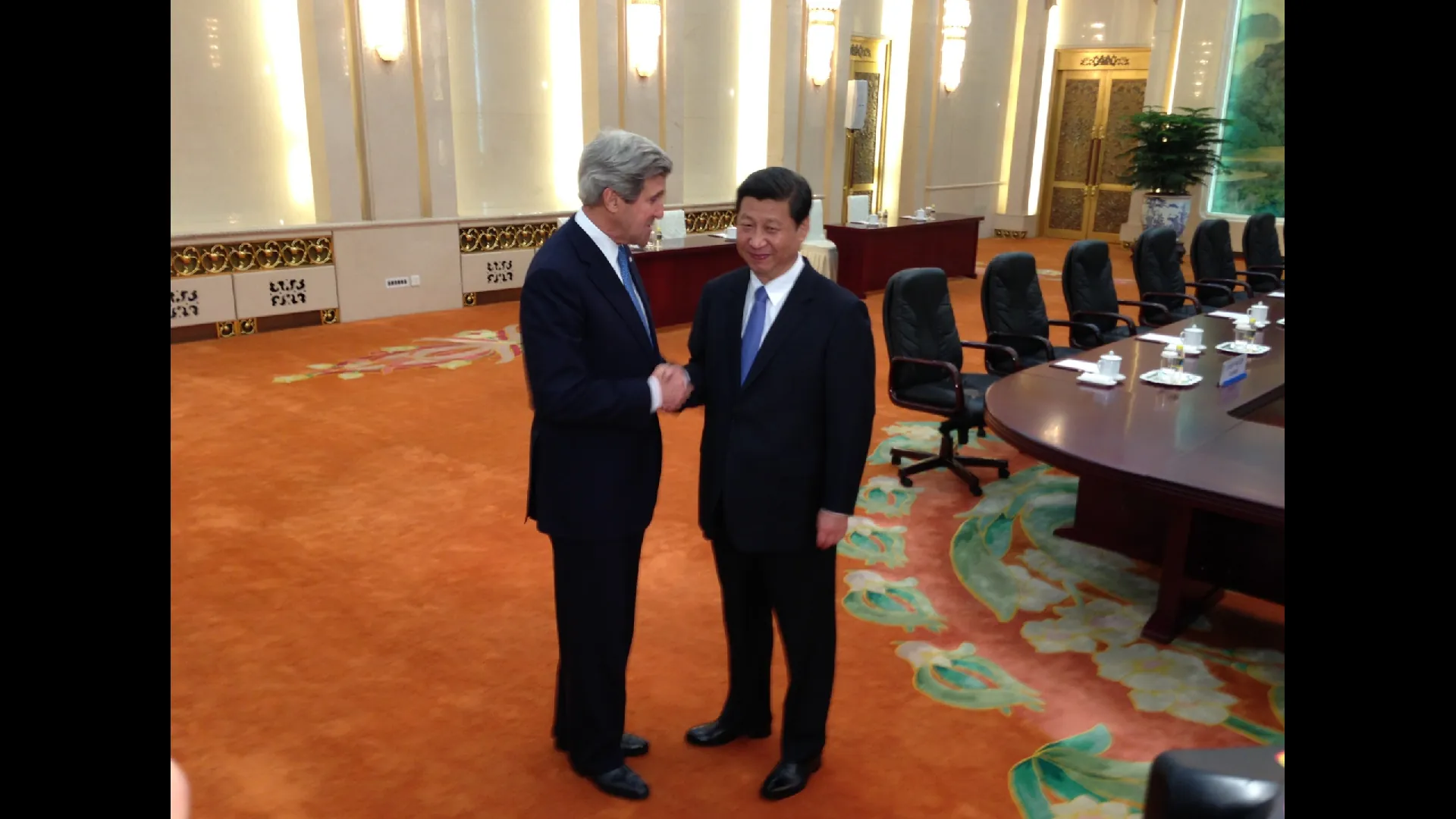

Leading the discussions are John Kerry, the U.S. special envoy on climate change, and his Chinese counterpart Xie Zhenhua. Kerry's objective for the China trip is to establish stability in the relationship without conceding anything.
However, Republicans have accused the Biden administration of being too soft on Beijing in climate diplomacy. They argue that the administration should take a stronger stance against China's actions and demands.
Historically, talks between the U.S. and China have had a positive impact on global climate negotiations. These discussions have paved the way for international cooperation and progress in addressing climate change.
One point of contention between the two countries is China's objections to U.S. tariffs and restrictions on imports of Chinese solar panel and battery components. The U.S. justifies these measures as a way to protect its manufacturers from low-cost competitors in China, some of whom are suspected of using forced labor.
Kerry's visit to China is seen as a symbolic trip to mend fractured communications and stabilize tense relations with Beijing. While no major announcements are expected, the optics of the visit are significant in terms of demonstrating a willingness to engage in dialogue.
A major topic of conversation during the talks is the speed of China's transition from coal. China has pledged to reach peak carbon emissions by 2030 and become carbon neutral by 2060. However, concerns have been raised over the expansion of coal-fired power plants in the country, which poses a grave challenge for its climate policy.
The urgency for the U.S. and China to resume cooperation on climate change is further highlighted by the extreme heatwaves experienced in both countries. These extreme weather events underscore the need for swift action and collaboration in addressing the global climate crisis.
In conclusion, the Biden administration is facing criticism from Republicans for what they perceive as a weak stance on China in climate negotiations. The talks between the U.S. and China are crucial in addressing global warming and finding solutions to reduce emissions and combat climate change. However, challenges such as China's objections to U.S. tariffs and the expansion of coal-fired power plants pose significant obstacles. It is imperative for the two countries to find common ground and resume cooperation in order to effectively tackle the climate crisis.
However, Republicans have accused the Biden administration of being too soft on Beijing in climate diplomacy. They argue that the administration should take a stronger stance against China's actions and demands.
Historically, talks between the U.S. and China have had a positive impact on global climate negotiations. These discussions have paved the way for international cooperation and progress in addressing climate change.
One point of contention between the two countries is China's objections to U.S. tariffs and restrictions on imports of Chinese solar panel and battery components. The U.S. justifies these measures as a way to protect its manufacturers from low-cost competitors in China, some of whom are suspected of using forced labor.
Kerry's visit to China is seen as a symbolic trip to mend fractured communications and stabilize tense relations with Beijing. While no major announcements are expected, the optics of the visit are significant in terms of demonstrating a willingness to engage in dialogue.
A major topic of conversation during the talks is the speed of China's transition from coal. China has pledged to reach peak carbon emissions by 2030 and become carbon neutral by 2060. However, concerns have been raised over the expansion of coal-fired power plants in the country, which poses a grave challenge for its climate policy.
The urgency for the U.S. and China to resume cooperation on climate change is further highlighted by the extreme heatwaves experienced in both countries. These extreme weather events underscore the need for swift action and collaboration in addressing the global climate crisis.
In conclusion, the Biden administration is facing criticism from Republicans for what they perceive as a weak stance on China in climate negotiations. The talks between the U.S. and China are crucial in addressing global warming and finding solutions to reduce emissions and combat climate change. However, challenges such as China's objections to U.S. tariffs and the expansion of coal-fired power plants pose significant obstacles. It is imperative for the two countries to find common ground and resume cooperation in order to effectively tackle the climate crisis.
No, Really?! There's More News:
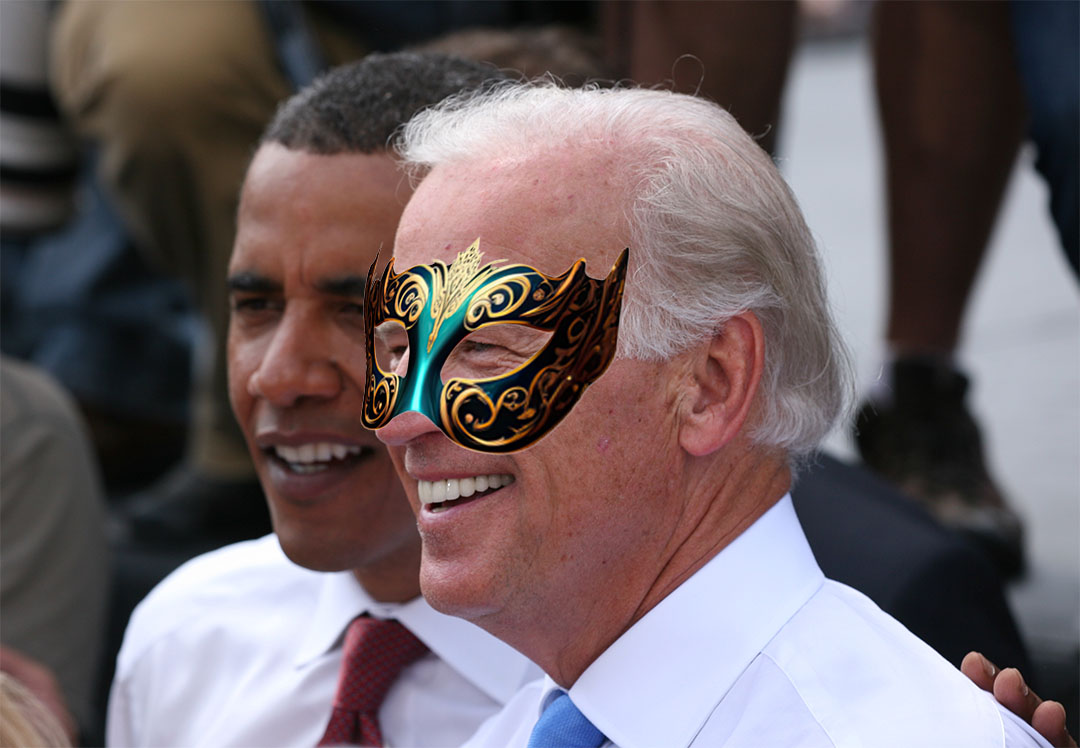 President Biden's Use of Aliases Raises Concerns of Corruption and Influence Peddling
President Biden's Use of Aliases Raises Concerns of Corruption and Influence Peddling 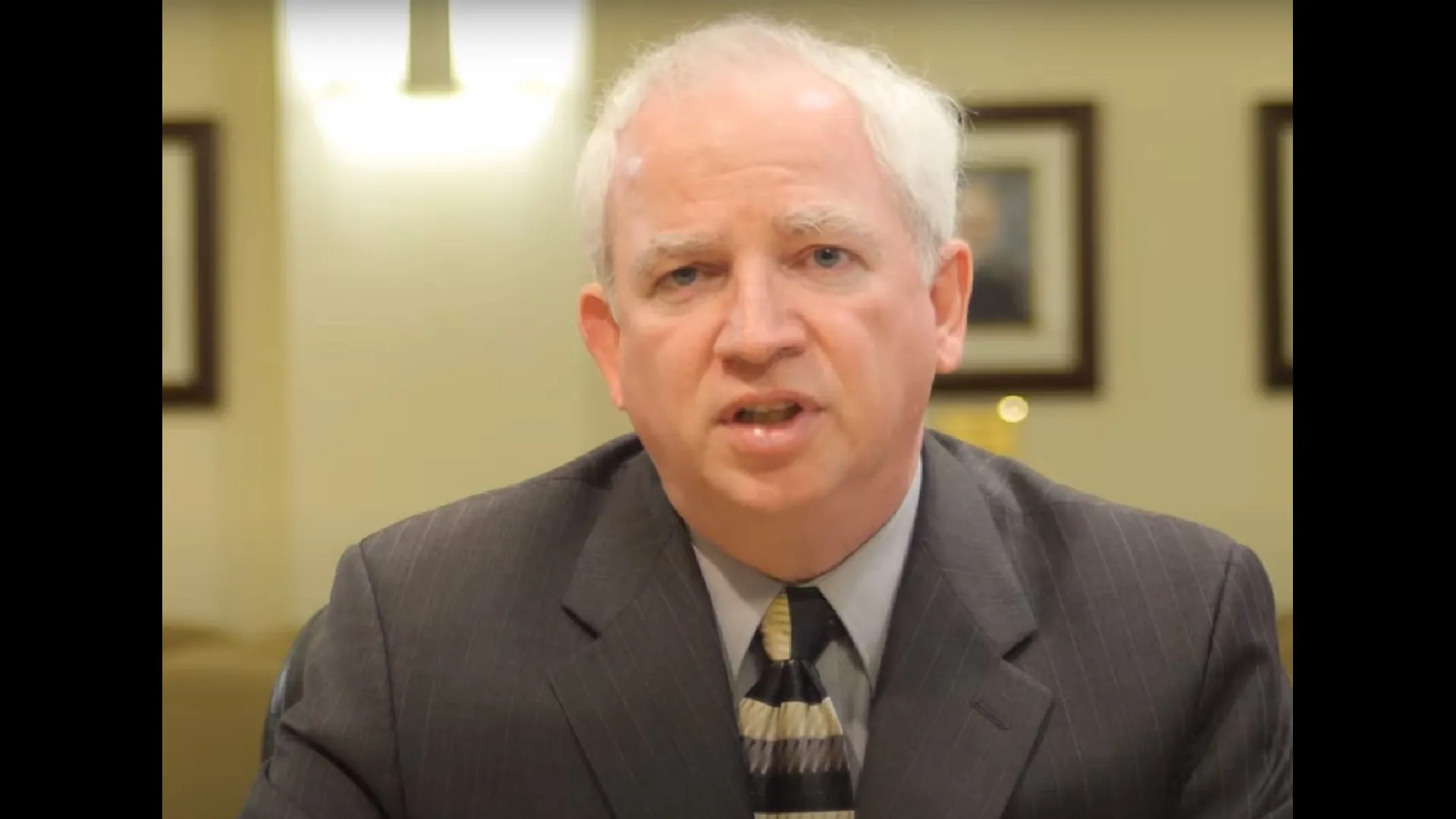 Eastman's Legal Team Claims Indictment is Politically Motivated
Eastman's Legal Team Claims Indictment is Politically Motivated 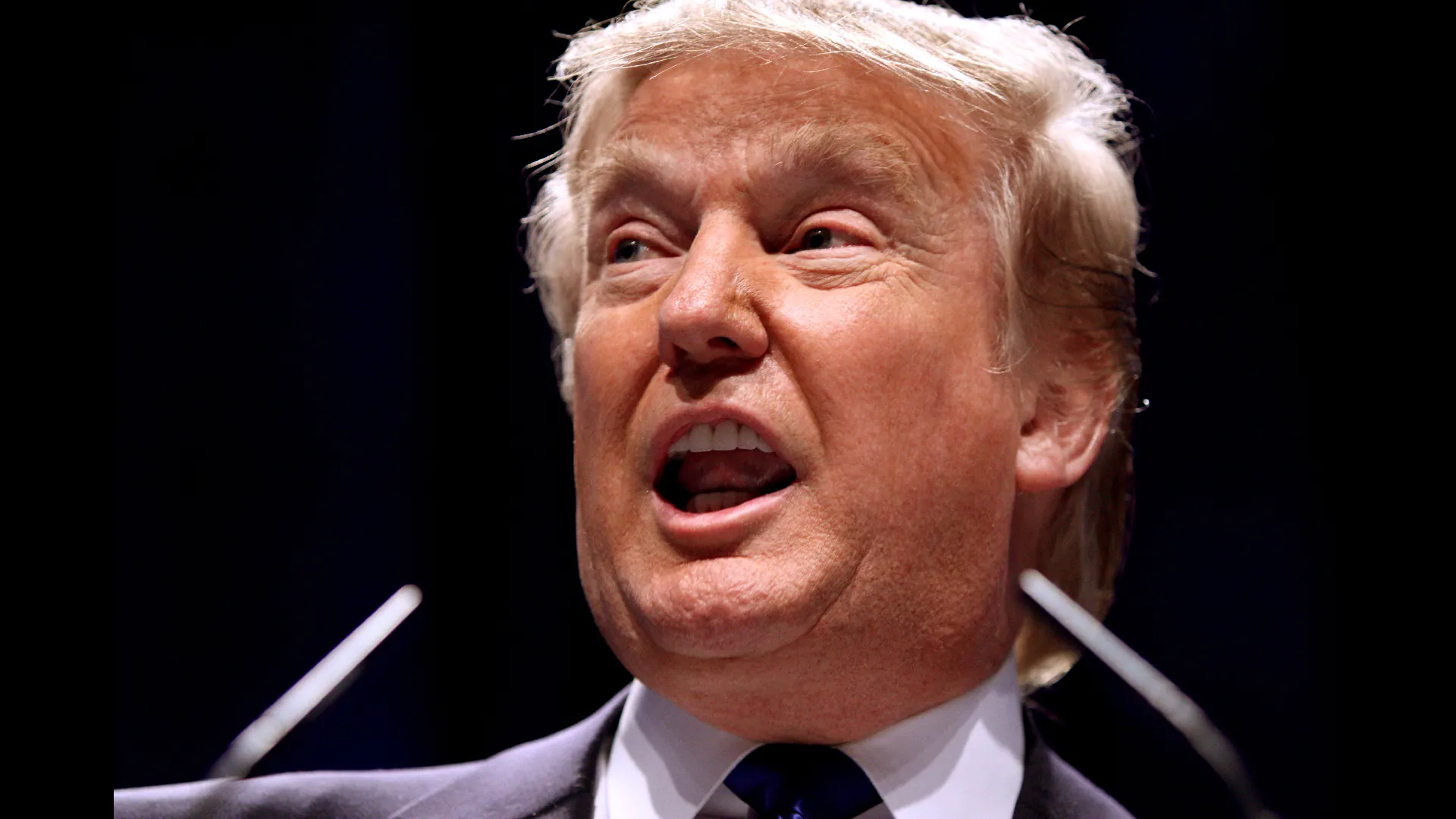 Constitutionality Questioned: Trump Indictment Draws Scrutiny for Violating Rights
Constitutionality Questioned: Trump Indictment Draws Scrutiny for Violating Rights 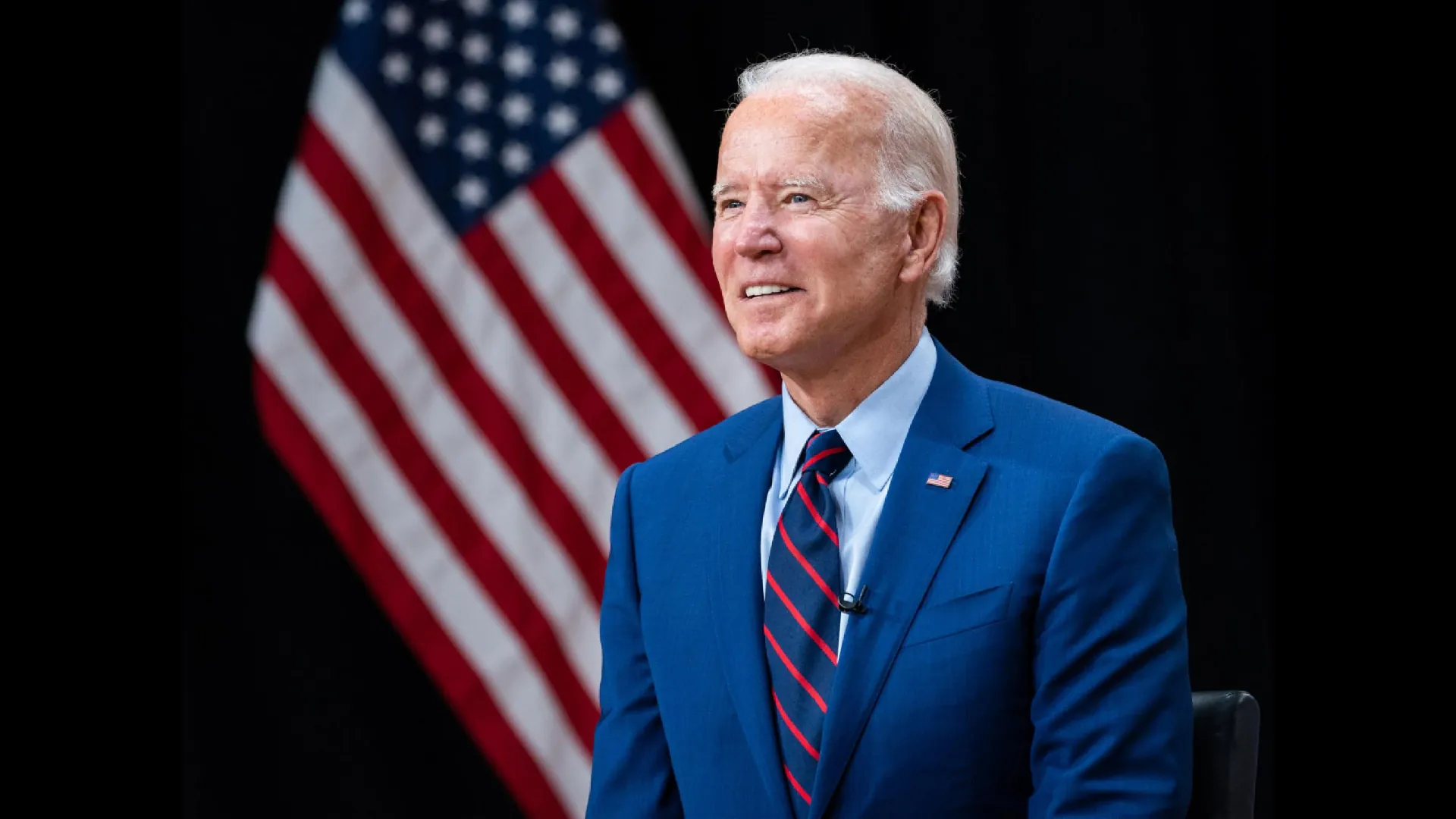 Lackluster Response: Biden Fails to Address Rising Death Toll in Maui
Lackluster Response: Biden Fails to Address Rising Death Toll in Maui